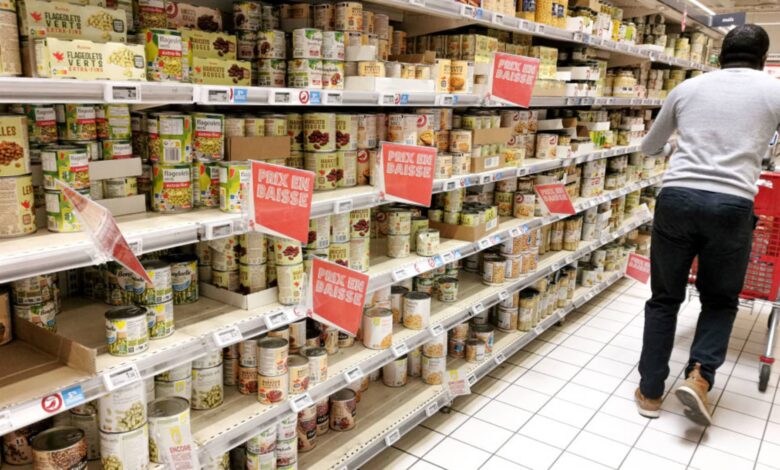Euro zone inflation, March 2025

Euro zone inflation data released by Eurostat on Tuesday showed that annual inflation dipped to 2.2% in March, slightly below the 2.3% final reading in February. Core inflation, which excludes volatile prices of food, energy, alcohol, and tobacco, also decreased to 2.4% from 2.6% in February. The services inflation rate fell to 3.4% in March from 3.7% in the previous month.
Preliminary data indicated that March inflation was lower than expected in several major euro zone economies. Germany saw inflation at 2.3%, Spain at 2.2%, and France at 0.9%. These figures have raised expectations for a 25-basis-point interest rate cut by the European Central Bank (ECB) during its upcoming meeting on April 17. Markets are currently pricing in an 80% chance of a rate reduction following the release of the inflation data.
The decline in services inflation has strengthened the case for an ECB interest rate cut, according to Jack Allen-Reynolds, deputy chief euro zone economist at Capital Economics. He believes that the ECB will likely cut interest rates by 25 basis points later this month, citing evidence of further inflation decline and weakness in recent activity surveys.
In addition to inflation data, the seasonally adjusted unemployment rate in the euro area for February stood at 6.1%, continuing its downward trend. Economists had expected the rate to remain unchanged at 6.2%. Lower interest rates typically lead to a decrease in unemployment as businesses can increase labor spending with cheaper borrowing costs.
On the trade front, the European Union faces potential tariffs from the U.S. administration of Donald Trump, including a 25% levy on imported cars. The uncertainty surrounding the exact impact of these tariffs and retaliatory measures has economists concerned about potential inflationary effects. Bert Colijn, chief Netherlands economist at ING, highlighted the possibility of deflation as a result of U.S. tariffs depressing exports and growth.
The response from the European Union to these tariffs will be crucial in determining the economic impact on the euro zone. Retaliatory measures from the European Commission could lead to an increase in euro zone inflation as they essentially act as a domestic tax passed on to consumers. Overall, the tariff conflict between the U.S. and its trading partners remains a key factor in shaping inflation dynamics in the euro zone.





